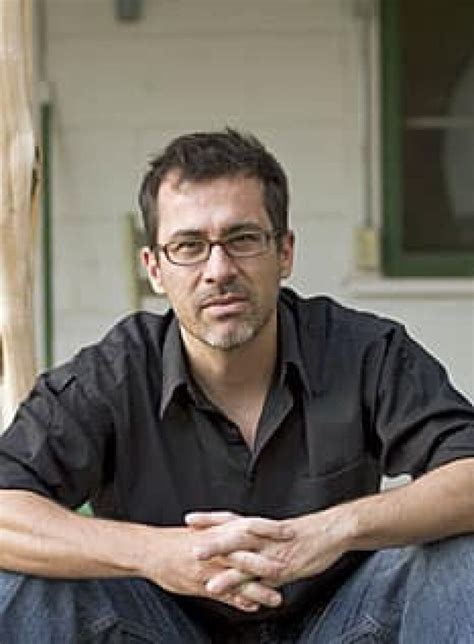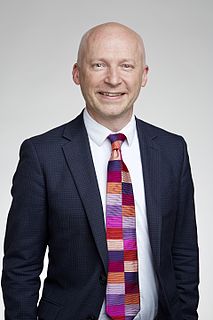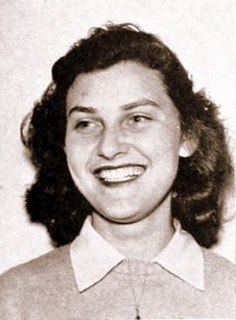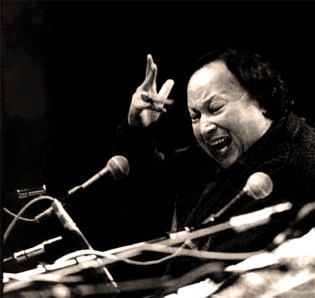A Quote by Tang Wei
I love learning languages, and actually computer code is another language as well.
Related Quotes
All the kids are learning different languages. I asked them what languages they wanted to learn, and Shi is learning Khmai, which is a Cambodian language; Pax is focusing on Vietnamese, Mad has taken to German and Russian, Z is speaking French, Vivienne really wanted to learn Arabic, and Knox is learning sign language.
I'm German! Actually, I love my countr, ;I love the language. The German language is very special because it is so precise. There is a word for everything. There are so many wonderful words that other languages don't have. It is impressive to have such a rich language, and I love to work in that language.
Those who become hyperpolyglots are those who meet two criteria. One, they are exposed to language material. Two, they undertake learning languages as a mission as well as acquiring the personal identity as a language learner.I describe the "neural tribe theory" of hyperpolyglots, arguing that they possess an atypical neurology that is selected by some environments and not others; presumably, there have always been humans walking around with that set of neurological traits or factors, only some of whom actually use those things for languages.
But actually a code is a language for translating one thing into another. And mathematics is the language of science. My big thesis is that although the world looks messy and chaotic, if you translate it into the world of numbers and shapes, patterns emerge and you start to understand why things are the way they are.
I work in Hebrew. Hebrew is deeply inspired by other languages. Not now, for the last three thousand years, Hebrew has been penetrated and fertilized by ancient Semitic languages - by Aramaic, by Greek, by Latin, by Arabic, by Yiddish, by Latino, by German, by Russian, by English, I could go on and on. It's very much like English. The English language took in many many fertilizations, many many genes, from other languages, from foreign languages - Latin, French, Nordic languages, German, Scandinavian languages. Every language has influences and is an influence.
The error which underlies the very existence of this debate is that there is some kind of perfect Platonic form of the computer language, which some real languages reflect more perfectly than others. Plato was brilliant for his time but reality is not expressable in terms of arbitrary visions of perfection, and furthermore, one programmer's ideal is often another's hell.


































